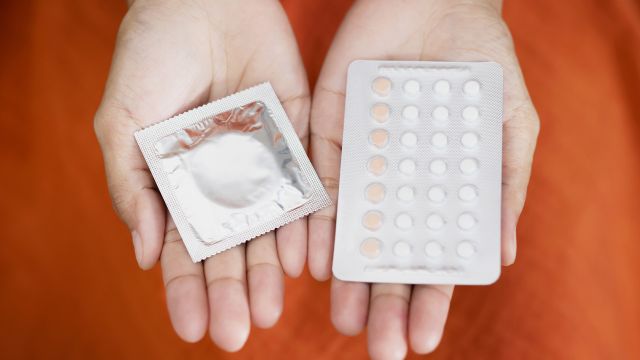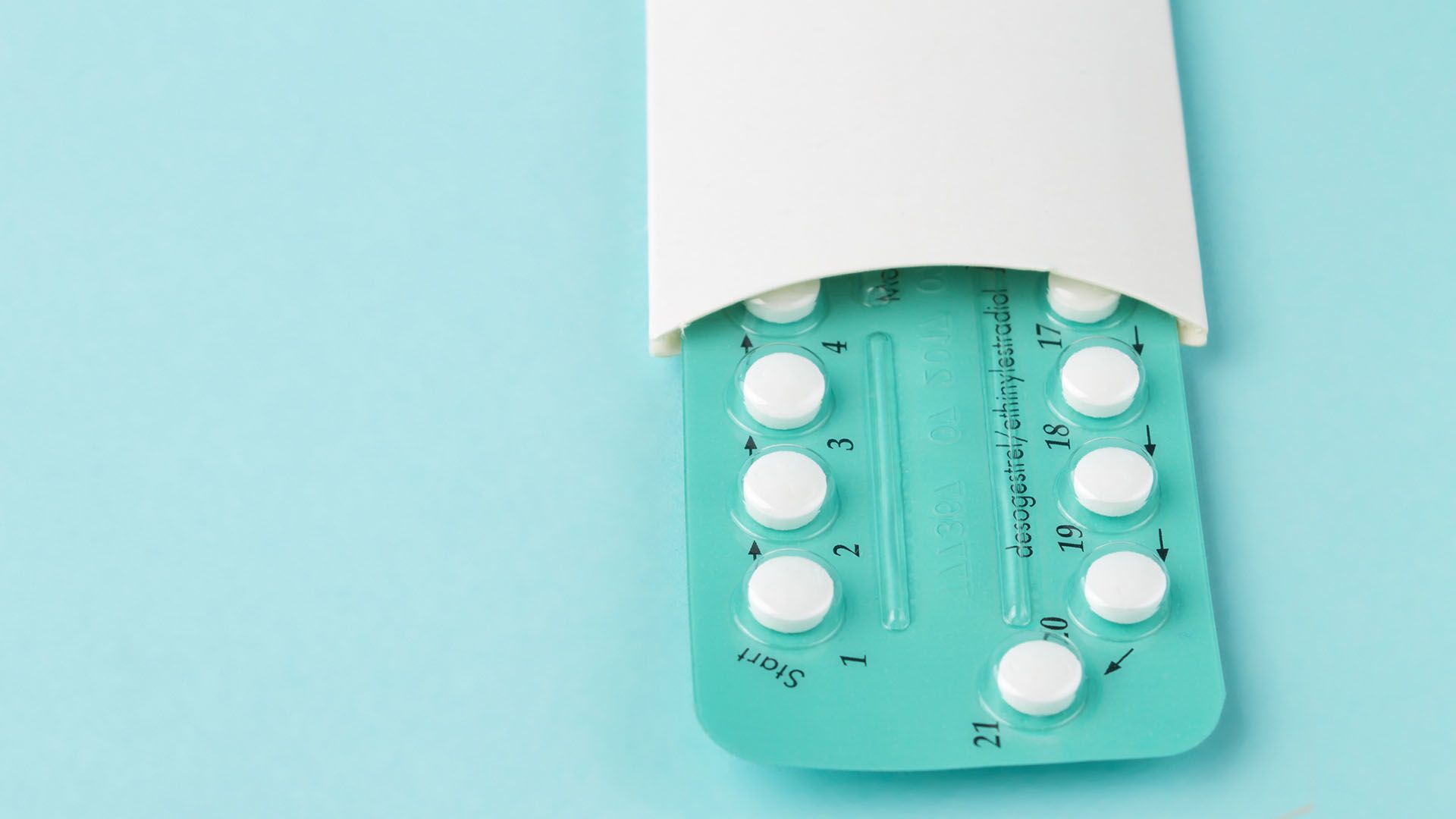Updated on November 15, 2023
When researching and comparing different contraceptives, you’ll come across the phrases “with perfect use” and “with typical use.” For example, the pill is “99 percent effective with perfect use” and “91 percent effective with typical use.” Condoms are “98 percent effective with perfect use” but “85 percent effective with typical use.”
What do these percentages mean exactly? Each percentage point represents one unplanned pregnancy out of 100 users over the course of one year.
Try the strategies below to get as close to perfect use as possible with your chosen method of birth control.
Choose the right contraceptive for you
There’s no best birth control method, only the method that works best for a particular person at a particular time in their life. The best method (or methods) for you will be something that you will be able to use with confidence every time you have sex. Some questions to ask yourself:
- Is this contraceptive physically comfortable?
- Does this method make sex less enjoyable?
- Am I embarrassed using this contraceptive?
- Am I confident that this method will work?
- Can I imagine a situation where I would skip using this method for any reason?
- How do my partner or partners feel about this method?
- Am I looking for protection against STIs?
Try to be as honest with yourself as possible and remember that you can always talk to your healthcare providers about any questions or concerns.
Read the instructions
Reading the instructions is one of the best ways to avoid user error with any product, including contraceptives. Diaphragms become less effective if they are not worn correctly or are taken out too soon after sex. Latex condoms have a greater chance of breaking if used with an oil-based lubricant, since oils weaken the structural integrity of latex. Birth control pills become less effective if you skip doses or take pills at inconsistent times of day. These are just a few examples.
It’s also a good idea to check the warnings and possible side effects. Some birth control methods cannot be used by people with certain health conditions. For example, some hormonal birth control may not be recommended for people with a history of blood clots, lupus, or migraine with aura, or for people who smoke.
Know when you need more
Check the expiration dates. Fill your prescriptions on time. Set a reminder to buy more if you are purchasing your contraceptives over the counter. Get in the habit of checking in on what you have in supply and don’t put off picking up more.
Have it ready
You can’t use a contraceptive if you don’t have it with you. If you’re meeting up with a partner but unsure if you will need a contraceptive, pack it just in case. Remember it’s better to have something and not need it, rather than need it and not have it.
Have a backup method
There are benefits to using two methods of birth control together. Many healthcare providers recommend using condoms along with a hormonal contraceptive, because this has the added benefit of protecting against sexually transmitted infections. If you’re using condoms as your primary method, something like spermicide or pH modulator gel may be a good backup method. A backup method can also come in handy if you misplace your primary method. Backup methods may also be necessary when switching from one birth control method to another.






